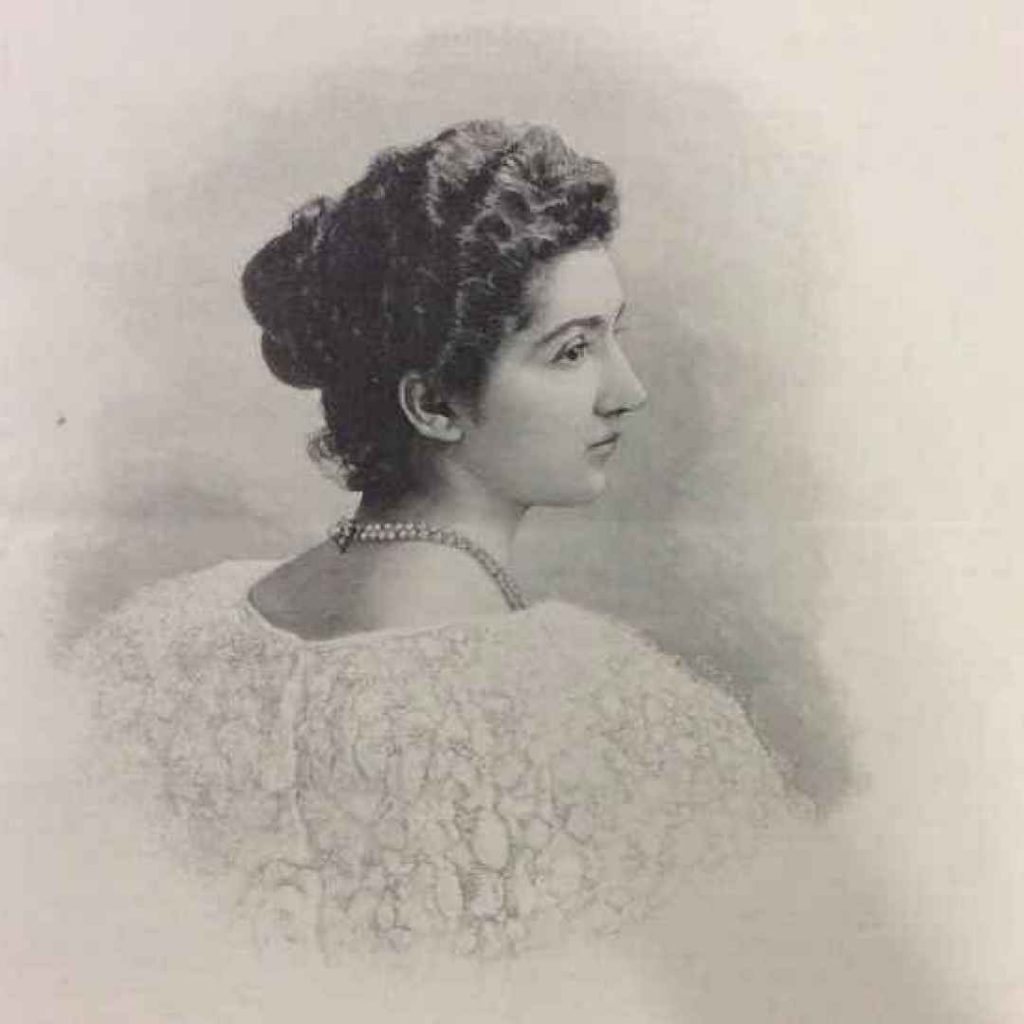Your cart is currently empty!
Free shipping on orders over 50 Eur

Elena Petrović-Njegoš, a symphony of royalty, grace, and compassion — a Montenegrin princess, an Italian queen, a guardian of hearts and a healer of souls. Born on the 28th of December in 1872, in the cradle of Cetinje, she emerged as the sixth enchantment, the fifth daughter of Montenegrian King Nikola I Petrović-Njegoš and Queen Milena Petrović-Njegoš.
From the sacred halls of the Cetinje court, at the tender age of ten, she embarked on a pilgrimage of knowledge to Petrograd. Enthroned in the revered Smolny Institute, a haven for princesses and maidens of esteemed European lineages, under the watchful gaze of the Empress, Elena’s spirit gravitated toward the arts — painting, prose, and the poetry of architecture. Her design for the mausoleum on Orlov Krs resonated like a sonnet among architects, a lyrical imprint on the canvas of creation.
Her arrival, as narrated by Elza Bolderov, a chapter of a nostalgic autumn morning in 1882, unfolded like verses in our classroom. “A princess from Montenegro, she must be,” exclaimed a friend. “Tall, symmetrical, with tresses darker than the night, and eyes, the wounded gazelle’s gaze.”
In the sacred union with Prince Vittorio Emanuele, Elena metamorphosed into the Princess of Italy, then ascended the regal crescendo to become a queen. Adorned in virtues of nobility and benevolence, her life’s opus resonated with the purpose of service — to the people, both in the embrace of Italy and the embrace of her homeland, Montenegro.
In the echoes of 1909, the Montenegrin National Assembly composed a ballad of admiration for Elena’s altruistic deeds. 1937, a stanza of honor bestowed by Pope Pius XI — a golden rose, a floral sonnet to her humanitarian composition. The hallowed halls of the University of Rome, in a poetic decree, recognized her merits in medicine with an honorary diploma.
Elena, the embodiment of life’s essence, tended to the wounded, whispered courage to the desolate, cradled the children, and midwifed the birthing moments. She became all that life sought in certain circumstances — an unwavering melody of solace.
Two timeless cantatas of selfless devotion etched into history — the tremors of the Mesina earthquake on December 28, 1908, where around eighty thousand souls found a requiem, and the Great War, the global conflict.
In the heartbreak of Mesina, Elena and the king, risking their very essence, spent over twenty days amidst the tremors, donning the humble garb of hospital duties. On the vessel of compassion, Queen Elena, refusing the regal entourage, donned a rough-hewn medical robe. Her nimble hands alleviated the suffering, sewing garments of solace alongside common women who had escaped the catastrophe. Her nobility, a sonnet of courage.
Elena Petrović-Njegoš, or Elena di Savoia, departed this earthly sonnet in her octogenarian verse in 1952, entwining herself into the verses of Montpellier. Across Europe, the architecture of tribute echoes her name — hospitals, streets, squares, and foundations. In 2021, Podgorica unveiled a monument, a lyrical memorial, to honor her everlasting contributions to the poetry of humanity.

Leave a Reply